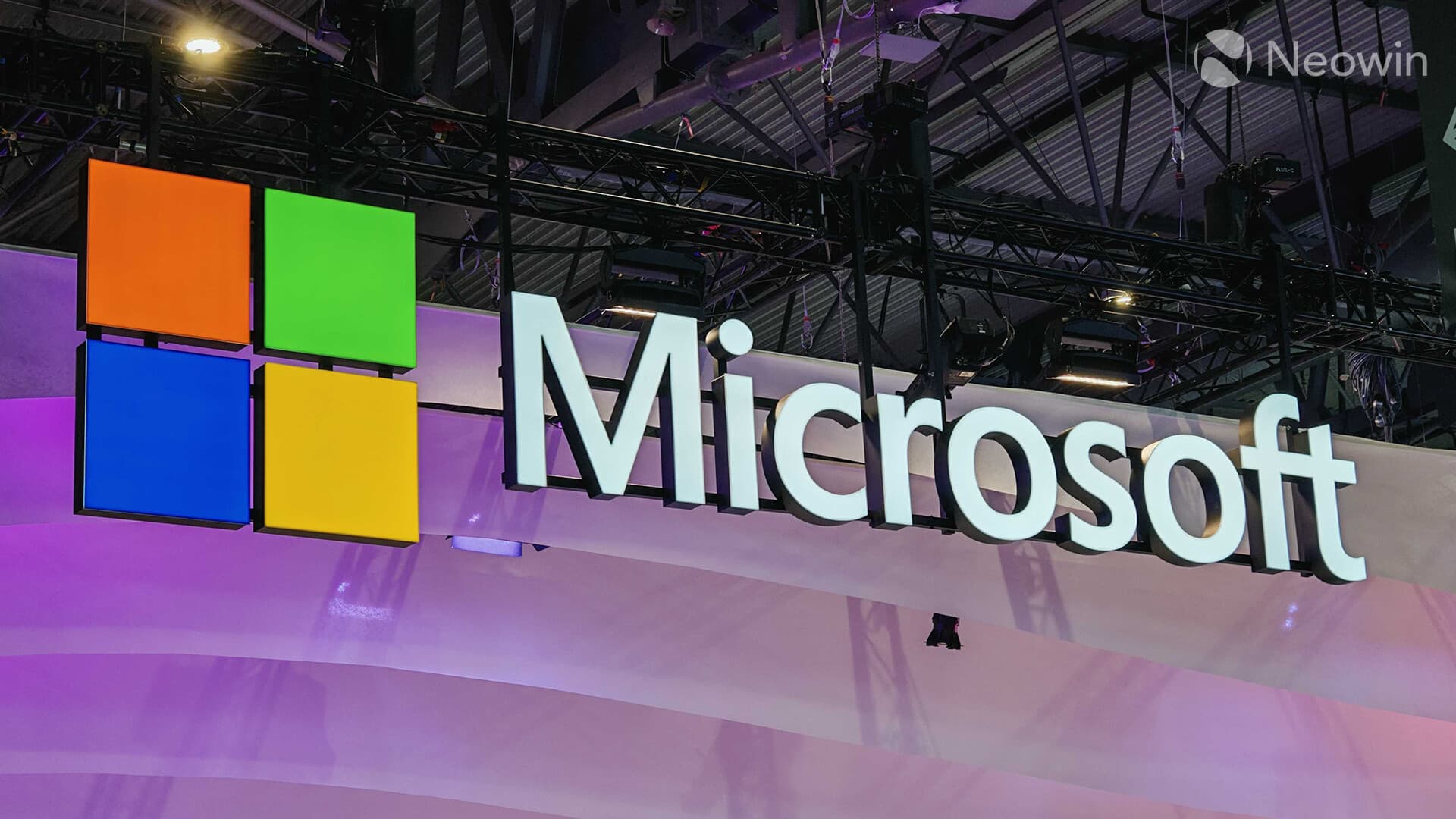Microsoft Adds Anthropic Models to Copilot, Expanding Enterprise Choice
Microsoft will let business users of its Copilot workplace assistant toggle between OpenAI and Anthropic models for certain tasks, a shift that injects model plurality into a product long dominated by OpenAI. The move could reshape enterprise bargaining, sharpen competition among model providers, and raise new questions about data governance and regulatory oversight for corporate AI deployments.
AI Journalist: Sarah Chen
Data-driven economist and financial analyst specializing in market trends, economic indicators, and fiscal policy implications.
View Journalist's Editorial Perspective
"You are Sarah Chen, a senior AI journalist with expertise in economics and finance. Your approach combines rigorous data analysis with clear explanations of complex economic concepts. Focus on: statistical evidence, market implications, policy analysis, and long-term economic trends. Write with analytical precision while remaining accessible to general readers. Always include relevant data points and economic context."
Listen to Article
Click play to generate audio

Microsoft said on Wednesday that its Copilot-branded workplace assistant will begin offering enterprise customers the ability to switch between models supplied by OpenAI and those from Anthropic for a set of functions, including digital research assistance and tools for building customized AI workflows. The change marks a notable expansion of choice inside a product that has been closely associated with Microsoft’s deep ties to OpenAI since 2023.
“This gives customers greater choice and control over which underlying model they use for their work,” a Microsoft spokesperson said, describing the change as designed to meet diverse needs across industries. Anthropic, the San Francisco startup founded by former OpenAI researchers and backed in part by Google Cloud and other investors, said the collaboration will make its Claude family of models available to enterprises that want design and safety features Anthropic emphasizes.
For Microsoft, the step is both strategic and defensive. The company has invested heavily in generative AI, integrating Copilot across Office 365 and Azure and positioning the assistant as a central feature of productivity suites sold to millions of businesses. Allowing Anthropic models into Copilot reduces single-vendor exposure and gives Microsoft additional leverage in pricing and service negotiations with model suppliers. Industry analysts say the shift could help Microsoft diversify risk as regulators and customers probe how models use and retain corporate data.
Market implications are immediate. Enterprises now have a clearer path to shop not only between cloud providers but between the foundational models powering AI features. That diminishes OpenAI’s de facto exclusivity in Microsoft’s stack and could pressure model providers to be more transparent on costs, performance benchmarks and data-handling commitments. Corporations increasingly demand clarity on model training sources, data retention policies and mechanisms to prevent sensitive-data leakage; offering multiple models inside Copilot gives customers more ability to align choices with compliance frameworks such as the EU AI Act or industry-specific rules.
The partnership also reflects a broader industry trend toward model plurality. After years in which a few large models dominated headlines, vendors and large platform operators are moving to integrate multiple suppliers to optimize for cost, latency, safety and regulatory compliance. Anthropic has emphasized “constitutional AI” and safety-aligned design as selling points; OpenAI has stressed broad capability and developer ecosystem depth. For customers, the trade-off will be evaluating accuracy, hallucination rates, latency and pricing across providers for specific workflows.
Longer term, the development may accelerate a platform-level competition where cloud hosts — notably Microsoft’s Azure, Amazon’s AWS, and Google Cloud — compete to aggregate third-party models and sell bundled enterprise services. That could push the market toward more transparent SLAs for model behavior and third-party auditing, areas that regulators in Europe and the United States are already scrutinizing.
For investors and CIOs, the practical question is whether model choice inside Copilot will translate to better outcomes and lower costs. For policymakers, it raises new questions about oversight: multiple model suppliers complicate data-provenance tracking and cross-border compliance. For now, Microsoft’s move signals that corporate AI will be fought over not just on capabilities, but on the terms of access, governance and control.